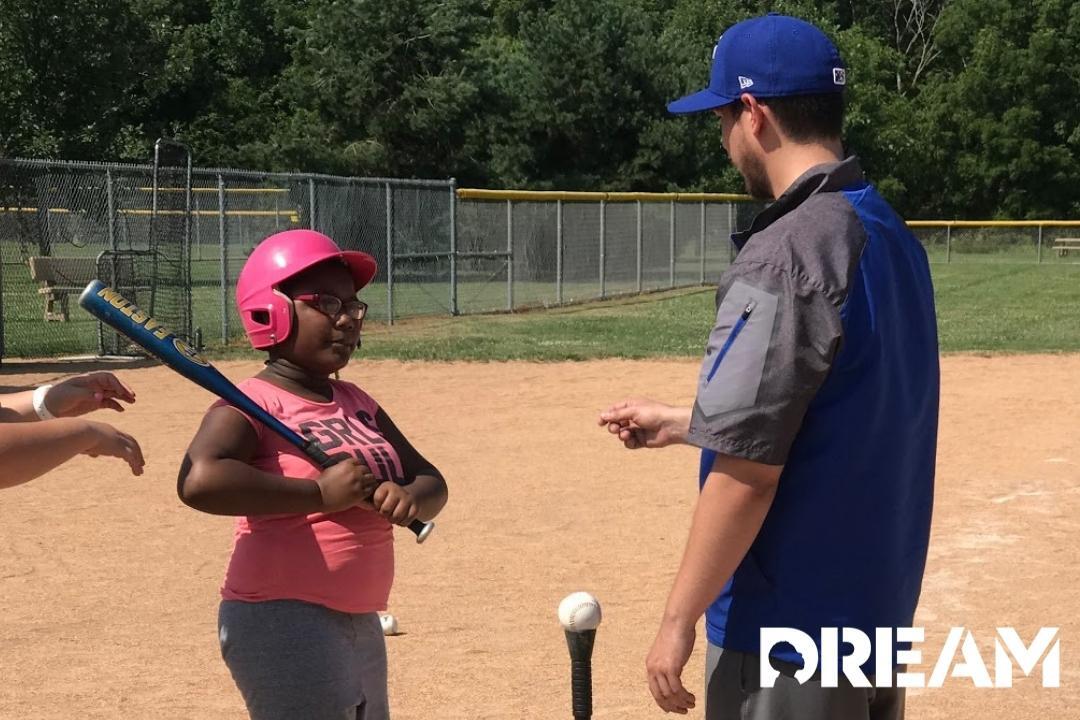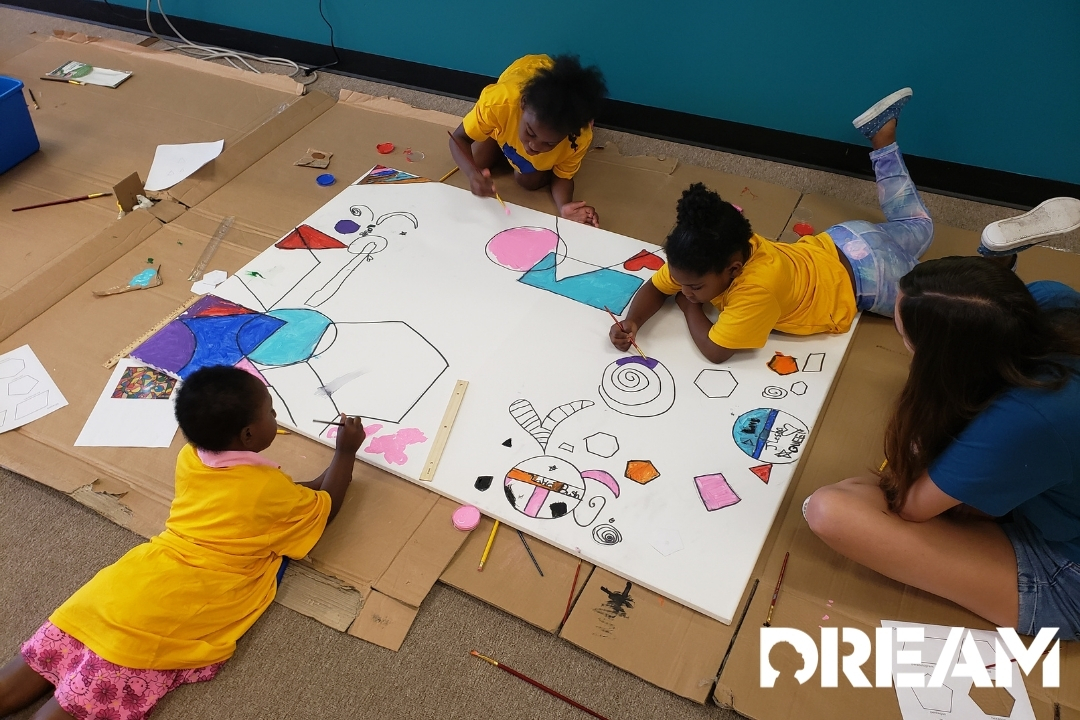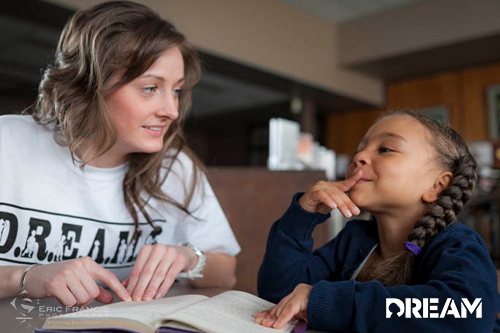You may think when you begin mentoring underprivileged youth that you’re going to be a huge positive influence in their lives, and you’re right. However, being a mentor will become just as meaningful in your life. There are certain skills great mentors have, and through using those skills to make a difference, your life will be enhanced as well as your mentees’.
DREAM exists to be a source of inspiration to at-risk youth. We work with schools to give children activities to do after school that will overall help them reach their full potential. We want to give them the guidance and support they may not otherwise have. Let’s discuss some skills needed to be a great mentor.
Empathy
Empathy is the ability to understand another person’s point of view. Understanding the way they behave and react to certain situations will help you give them knowledgeable advice. Being curious about their interests and always giving them your full attention will help you practice empathy.
Active listening
Active listening is paying full attention to the person speaking; it’s letting them completely finish what they’re saying before you respond. It also includes paying attention no nonverbal forms of communication such as facial expressions, body language, and different gestures. Practicing active listening will help your mentee know you care and allow you to give proper feedback.
Organization
Being organized can help you keep track of certain goals you are helping your mentee reach. This will allow you to focus on what’s most important. It will also improve the way you and your mentee are able to communicate and interact with each other.
Leadership
Your mentee needs a leader to look up to. They need someone to be there for them and support them. This also establishes you as the mentor and lays the foundation for respect. This will help you identify the mission and motivate your mentee to keep going even when times are tough.
Creativity
Creativity lets you bring your ideas to life. It can help teach your mentee resilience and be able to cope with stress. Creativity helps kids know it’s about the process, not always the outcome. You can use creativity to encourage your mentee to try new things.
Problem-solving
Your mentee may ask you tough questions, and problem-solving skills can help you answer them. They may be facing certain challenges, and this skill will help you walk them through it. You can also rub this skill off onto your mentee so they’re able to see how to overcome their specific challenges.
Communication
Communication is key. Being able to communicate effectively will help you pass important information to your mentee. It will help you share relevant stories with them, and put things into words they understand.
If you’re looking to be a positive role model through mentoring underprivileged youth, DREAM is always searching for volunteers who want to make a difference. Thus far, we have served 600 youth through our free afterschool programs. Contact us today for more information on how you can begin mentoring underprivileged youth!






